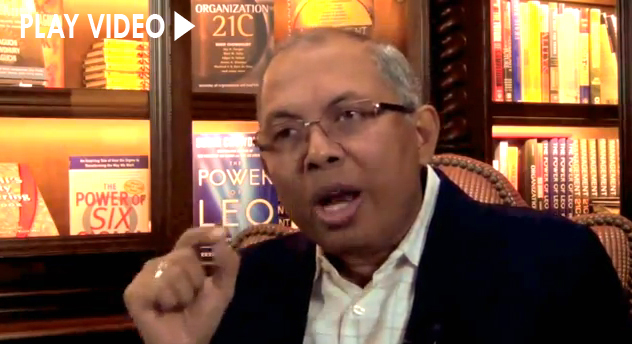Stop treating your quality policy and mission statement as separate actions. Unify them as one and draw everyone together behind QUALITY.
Quality & You
Quality must affect every conversation and interaction that we have with peers, subordinates, and leaders; every interaction that we have with co-workers, friends and family. That is why Quality is Everyone’s Business.
Entrepreneurs and managers will create mission statements in an effort to fix a goal for the entire organization. The most common way to build one is by stating a unifying philosophy wrapped around a strategic purpose, product, and plan. But how does one instill a unifying philosophy that reaches beyond the words contained in a quality vision or the mission statement?
This was my big question; my core intent: to help managers enhance existing efforts by making Quality a common key that belongs to “everyone” in your organization – to bring about a “cause for quality.”
Put another way, Quality strengthens your mission statement. It helps fuse together what you currently have in common with an attitude that is shared throughout your entire workforce: from the C-Suite, down to the production worker. The goal is not to make a change, but to enhance what you currently have. The intent is not to replace your existing policies, but to integrate Quality into your organizational DNA.
In my analysis of current quality processes, I found that they are based on one solution for productivity; one concept for quality management. Of course, we want everybody to rally behind one vision of the future, but how do we make that vision truly transformational – something that your people will find personally motivating and personally exciting?
My contribution, no matter how big or how small, will have an impact on the success of my organization!
If there is one thing that we have all learned, you can’t get people excited with a run-of-the-mill mission, vision or quality policy. I believe that by making Quality everyone’s business, you emphasize basic principles that affect people on a personal level. When you encourage individuals to reach out to others, they are – in turn – empowered to do the best work that they can achieve. When you empower them to look beyond personalities and solve problems; you strengthen their resolve to reach deep into their own powerful personal resources and unique talents which, in turn, provides a far better means of personal motivation. What we want is for individuals to sit up and say, “My contribution, no matter how big or how small, will have an impact on the success of my organization!”
Subsequently, as Quality truly becomes everyone’s business, individual behavior will then serve to enhance the intent of your mission statement. People throughout the organization will change their attitudes and beliefs relative to your mission, vision, guiding beliefs, and yes, your quality policy. For instance, in the past, when a problem occurred, you might expect that many people will think “the problem belongs to someone else” or “it’s not my job.” Once they have undergone the principle transformation of understanding that Quality must be a part of everything they do, you can expect that their reaction will be fundamentally different. Instead of passing the buck to the guy in the next workstation, you can expect them to take personal responsibility and be the change agent that produces a lasting solution.
When the notion that Quality is Everyone’s Business is blended with your quality policy as well as with your mission statement, you are encouraging an ideal mindset where everyone now owns problems and creates solutions while supporting the organization’s common vision of the future.



















